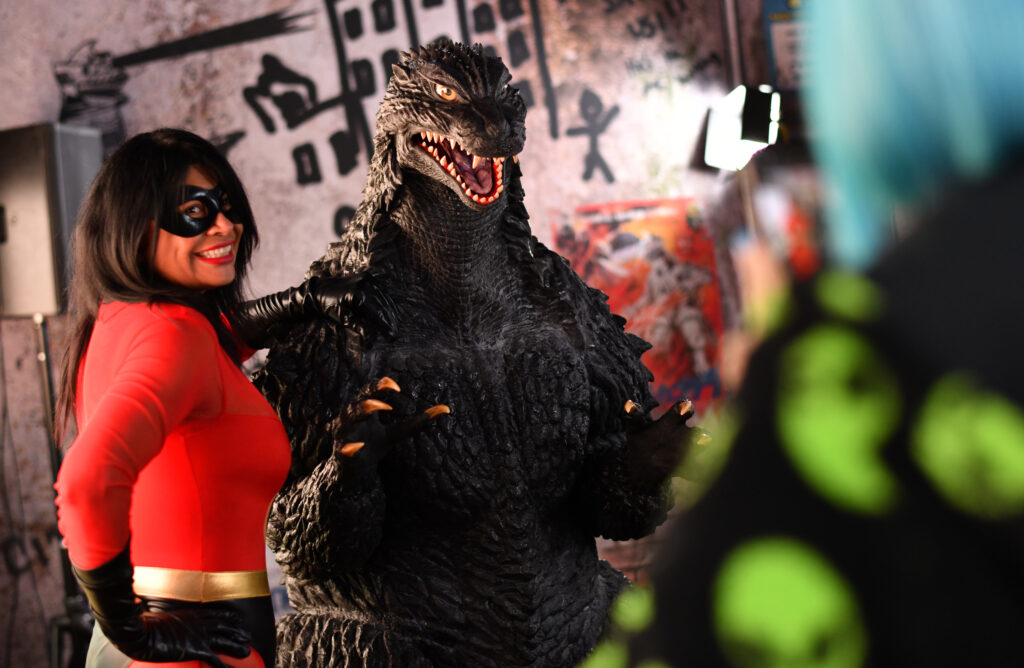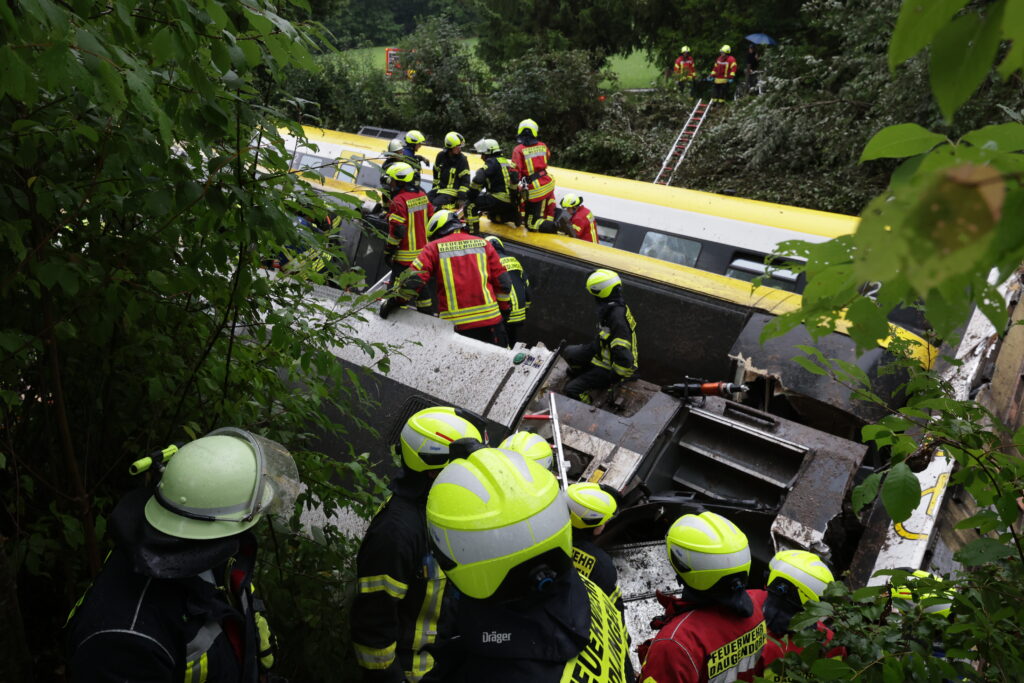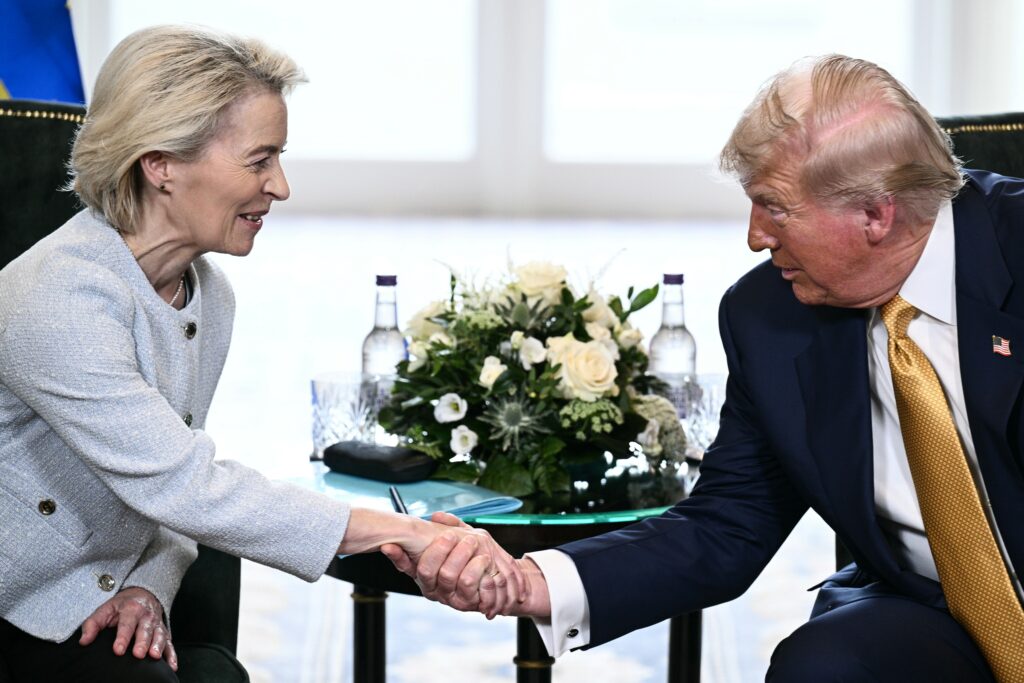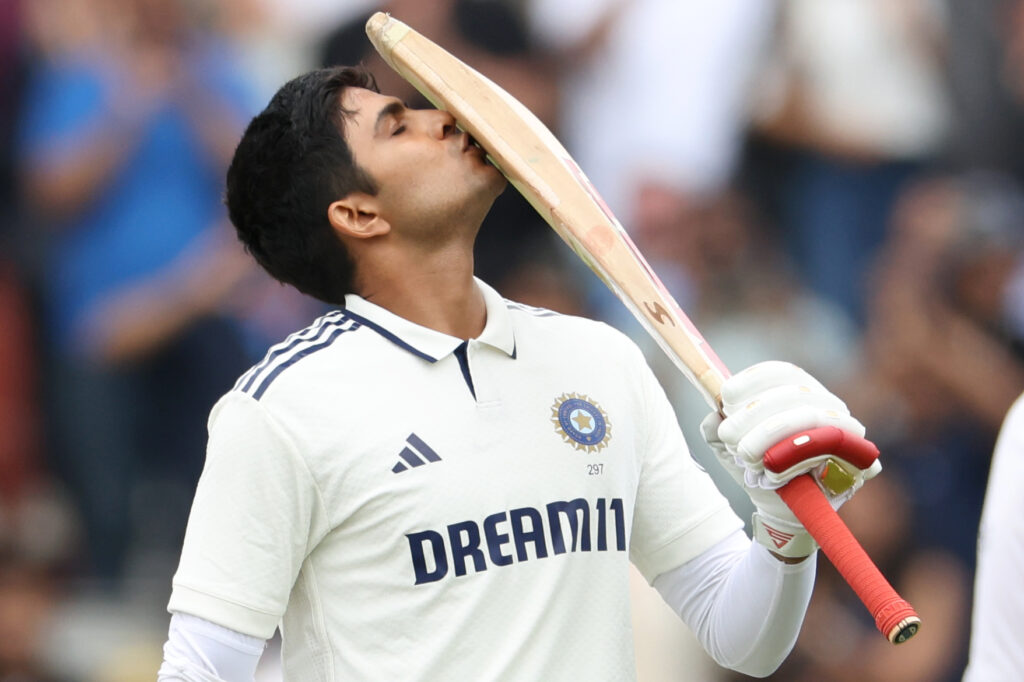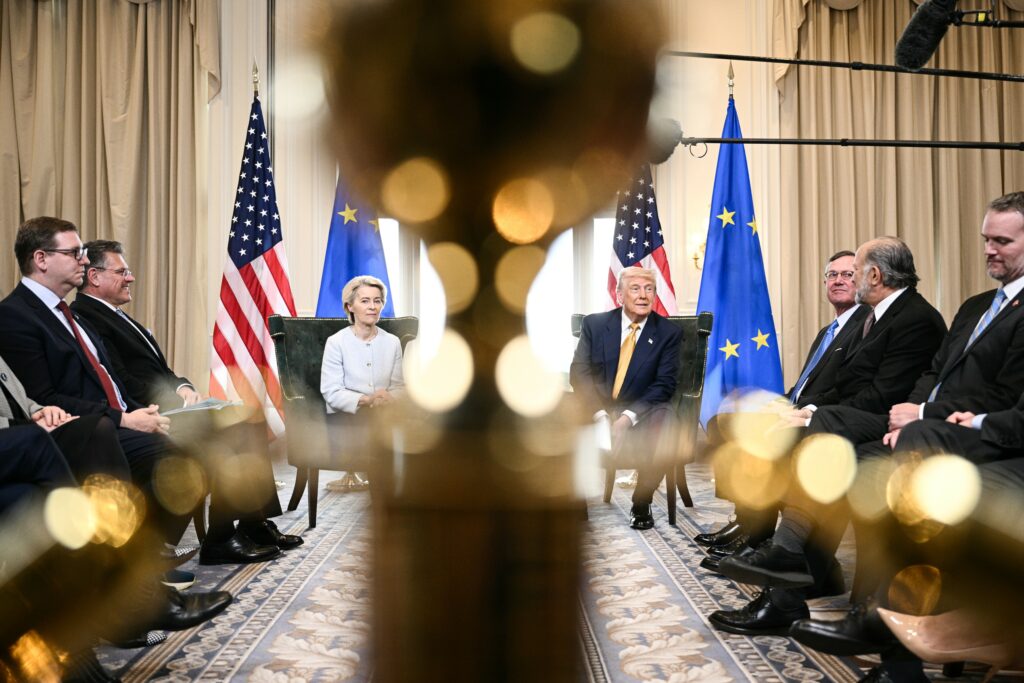Godzilla fans fete the monster as it turns 70
Godzilla has morphed over the years, but one constant is the devotion of its fans, who celebrated the Japanese monster’s 70th anniversary at the pop culture convention Comic-Con.The Japanese studio Toho, which created Godzilla, maintains a calendar of events to celebrate the beast often called the king of monsters, and Comic-Con is on the agenda.Godzilla was born on November 3, 1954 with the launch of the first movie about it, directed by Ishiro Honda. “I am a very big fan of Godzilla,” said Angela Hill, a teacher who traveled from Arizona to take part in Comic-Con, which this year featured events and displays celebrating Godzilla.One of the world’s largest celebrations of pop culture, Comic-Con brings together 130,000 people, many of whom come dressed as wizards, princesses or characters from movies, games or TV series.As the story of Godzilla goes, a prehistoric amphibious beast is awakened and mutated by nuclear bomb testing in the Pacific. It emerges from the sea and attacks Japan in a rage, symbolizing the deadly power of nukes.”I think because he came from such a historic event — like, a lot of other monsters are just interesting creatures, but they don’t hold the grief of a nation,” Hill said, referring to the US nuclear bomb attacks against Hiroshima and Nagasaki in World War II.At the pop culture watering hole in San Diego, people lined up to shoot pictures and video with an image of Godzilla, which was also the theme of a panel discussion on Friday that featured Shinji Higuchi, who co-directed a reboot in 2016 called “Shin Godzilla.”The movie franchise includes nearly 40 films and has spawned hundreds of animated productions about the monster as well as TV series and graphic work.- ‘Rooting for him’ – On Saturday the writers Ed Godziszewski and Steve Ryfle signed autographs of their book “Godzilla: The First 70 Years,” which sold out at Comic-Con. “It’s a rich history,” Ryfle told AFP.”This is the longest running feature film franchise in cinematic history that’s focused on a single, continuous character. It’s been around longer than James Bond.”He said the key to its longevity is that Godzilla has evolved over time but stayed faithful to its origins.”Godzilla has been serious, it’s been scary, it’s been heroic, it’s been funny. But at the same time this is a movie character that’s rooted in something that’s very real,” Ryfle said.”And that’s the trauma that Japan experienced, both during World War II, and also the trauma of the aftermath of World War II, the aftermath of Hiroshima and Nagasaki,” he added.He said Honda, who directed the first Godzilla movie, was a veteran who used the film to send a message against war and in particular against nuclear weapons.Michelle Pena, a Godzilla fan who waited in line to get the autograph of the two writers, said part of the monster’s charm is how it has changed over the years.”Good, bad, hero, anti-hero, you know. And I like that,” she said.”He’s not, like, lovable,” she added.”He’s a big dinosaur-looking thing, you know. He’s scary. But, like, you really, really find yourself rooting for him.”
